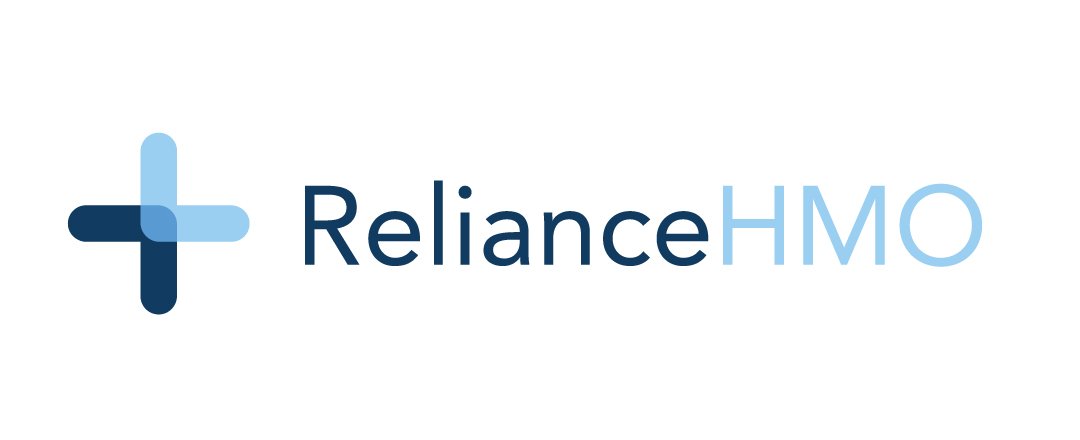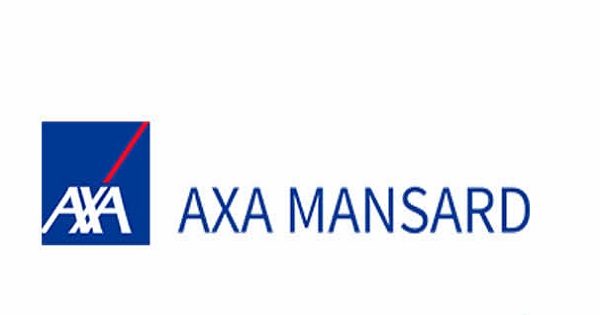About interventional cardiology in cardioCare
what is interventional cardiology?
Interventional cardiology is a minimally invasive approach to treating a range of cardiac conditions. Instead of performing major open-heart surgery, we use imaging guidance and catheters (thin, flexible tubes) to access and treat the delicate blood vessels and valves in your heart.
At CardioCare MultiSpecialty Hospital , we’re leading the way in advanced interventional procedures that optimise the health of your heart. You receive the care you need with fewer risks and less downtime, so you can recover faster and get back to the life you love.
Interventional Cardiology Services We Offer
Our interventional services include:
- Angioplasty and stent placement: This procedure is also called a percutaneous coronary intervention (PCI). We open partially or completely blocked arteries with a tiny balloon and insert a stent (mesh tube) to keep blood flowing to the heart. We may use the assistance of a robot to guide the procedure for increased accuracy.
- Transcatheter valve interventions: We use keyhole techniques such as transcatheter aortic valve implantation (TAVI) or transcatheter mitral valve intervention (MitraClip) to repair or replace stenotic (narrowed) or regurgitant (leaking) valves. We can also perform interventional paravalvular leak closure if you develop a valve leak after replacement surgery.
- Congenital and acquired defect closures: Some people are born with a hole in the wall between their atria (top heart chambers) or ventricles (bottom heart chambers). Others can develop a hole soon after birth. Interventional cardiologists place closure devices across these holes in your heart to return the circulation back to normal.
- Inferior vena cava (IVC) filter: If you have blood clots in your legs, we may insert a temporary or permanent device into a large vein in your body. The device acts as a filter, preventing the blood clots from moving to your heart or lungs, where they could cause serious complications.
- Cardiac Device Implantation (Pacemakers, ICDs & CRTs): A cardiac device (eg pacemaker) is a small device that helps regulate your heart’s electrical activity. It consists of a pulse generator and one or more leads that are inserted to your heart to monitor and control your heart rate and rhythm. The device ensures that your heart beats at a regular rate, synchronicity and rhythm, therefore helping to improve your overall heart function. By so doing, people that require these devices are able to live longer and better lives.
Interventional Procedures at Cardiocare
What is Coronary Angiography? Coronary angiography is a diagnostic procedure that uses X-rays and contrast dye to evaluate the coronary arteries for blockages or narrowing. It is a minimally invasive procedure that is performed in our cathlab by one of our interventional cardiologists. What happens during the procedure? During the procedure, a small tube … Continue reading Coronary Angiography
A cardiac device (eg pacemaker) is a small device that helps regulate your heart’s electrical activity. It consists of a pulse generator and one or more leads that are inserted to your heart to monitor and control your heart rate and rhythm. The device ensures that your heart beats at a regular rate, synchronicity and … Continue reading Pacemakers & ICD Implants
what is percutaneous coronary intervention (PCI) Percutaneous coronary intervention (PCI) is a minimally invasive procedure used to treat blockages in the coronary arteries. It is also known as angioplasty or stenting. PCI is typically performed in our cathlab by one of our interventional cardiologists. WHat happens during the procedure? During the procedure, a catheter with … Continue reading Percutaneous Coronary Intervention (PCI)
Conditions We Treat
Our experts use minimally invasive techniques to treat a range of heart conditions, including:
- Arrhythmias (heart rhythm disorders).
- Cardiomyopathy.
- Chest pain.
- Coronary artery disease.
- Deep vein thrombosis (DVT).
- Stable and unstable angina.
- Heart failure.
- Heart valve disease, including infective endocarditis.
- Hypertension (high blood pressure).
- Pulmonary embolism.
- Structural heart diseases, including atrial septal defect (ASD), ventricular septal defect (VSD) and patent foramen ovale (PFO).
An emergency Service
Main Services
- Certified by the Nigerian Cardiac Society
- Provided by Chest Pain Unit
- The leading cardiac units!
Individual Approach
Main Services
- Standby 365 days of the year
- Catheterization procedures!
- Heart surgery procedures
Why Choose CardioCare
Award winning healthcare







